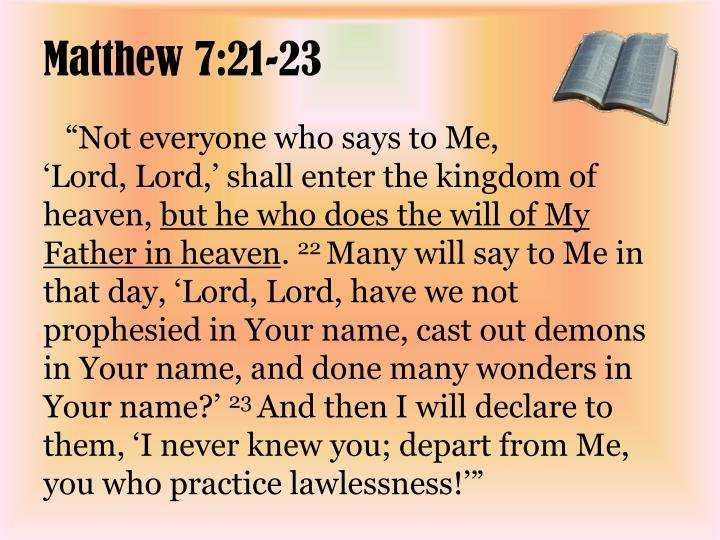
Honor God's Word - LGBT Is Not In The Bible, God's Only Plan For Sexuality Is
https://www.spreaker.com/user/....15359565/honor-gods-
"and He (Jesus) Himself bore our sins in His body on the cross, so that we might die to sin and live to righteousness; for by His wounds you were healed."
1 Peter 2:24

REAL Christ-followers don't watch porn, support the killing of God's babies in the womb, use God's name in vain, and support politicians who do the same.
Don't be deceived as God knows every thought and the intent of our hearts, today is the day to repent and be saved.




